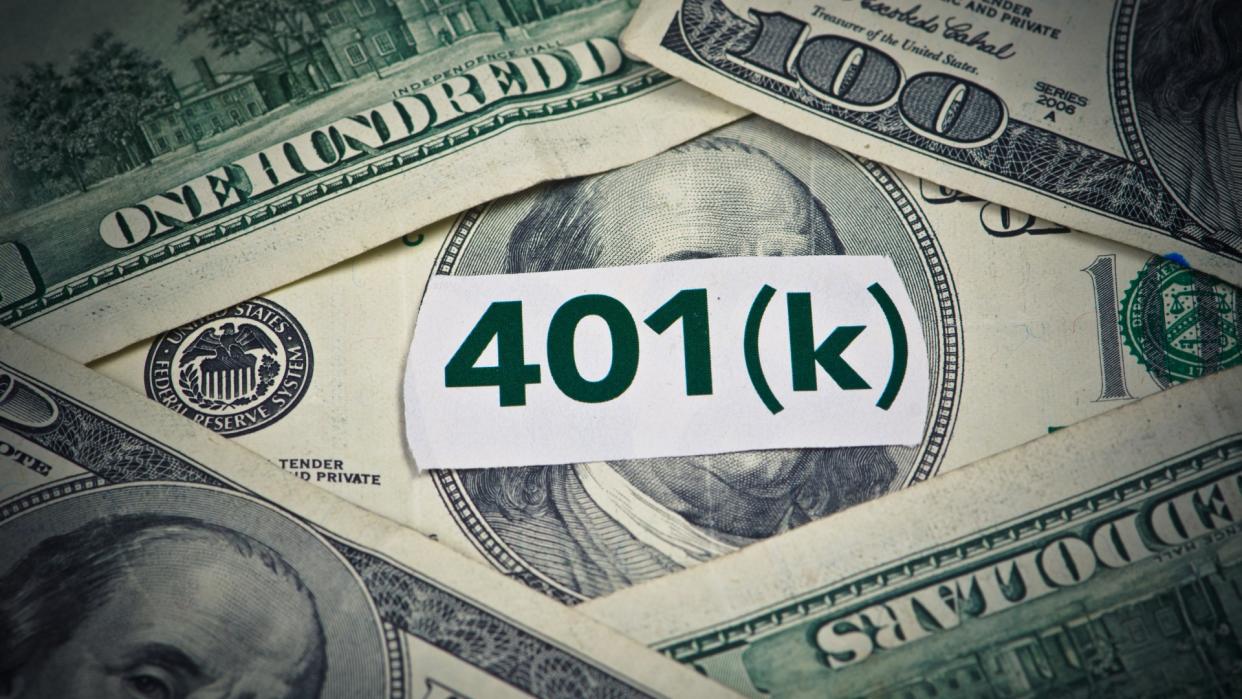The Best First Job You Can Have Offers This Retirement Savings Tool

One thing to know about your first job out of college or high school is that you probably won’t stay there very long. Research has found that more than half of Americans spend less than a year at their first jobs after graduating, and roughly three-quarters spend less than two years. Even so, your first “real” job can have a major impact if you choose an employer that sets you on the right path to retirement planning.
See: 10 Things Boomers Should Always Buy in Retirement
Find: 5 Unusual Ways To Make Extra Money (That Actually Work)
Although retirement seems a long way off when you are in your 20s, it’s never too early to start strategizing – including when you land your first job. The best first job is one that lets you sign up for a 401(k) retirement plan that includes employer matching.
Even if you leave the job behind after only a couple of years, you’ll have a retirement fund you can take with you to the next job. Better yet, you’ll have gotten into the habit of saving for retirement and learned the benefits of having your employer match contributions.
A 401(k) plan is a retirement account offered by employers. Workers who sign up for the plan agree to have part of their earnings deducted from their paychecks and put into the 401(k). The deductions are pretax, which means they come out of your paycheck before taxes are deducted. Pretax deductions lower an employee’s taxable income, meaning you’ll pay less in taxes that year.
With a 401(k) match, your employer puts money into your retirement account based on what you contribute. As Fidelity noted in a blog, match formulas vary, but a common setup is for employers to contribute $1 for every $1 an employee contributes up to 3% of their salary, then 50 cents on the dollar for the next 2% of an employee’s salary. Fidelity recommended aiming to save 15% of your pre-tax income each year, including any match.
An employer-sponsored retirement plan such as a 401(k) or 403(b) can help build your retirement savings in two important ways. First, it provides a tax-advantaged way to build a retirement fund straight out of your paycheck. Second, when your employer matches your contribution, you get free money to help build your savings even faster.
One major bonus of an employer match is it doesn’t count toward your yearly 401(k) contribution limit. In 2024, the contribution limit for employees who participate in traditional 401(k) plans is $23,000, up from $22,500 in 2023, according to the IRS. That means you can personally contribute up to $23,000 to your 401(k) and any employer matches will let you go above that figure.
Because of these benefits, one of the best things you can do when considering your first job is ensure you get a 401(k) plan with an employer match. If and when you do leave the job, you can roll your 401(k) account into your new employer’s plan with no penalty.
More From GOBankingRates
This article originally appeared on GOBankingRates.com: The Best First Job You Can Have Offers This Retirement Savings Tool
